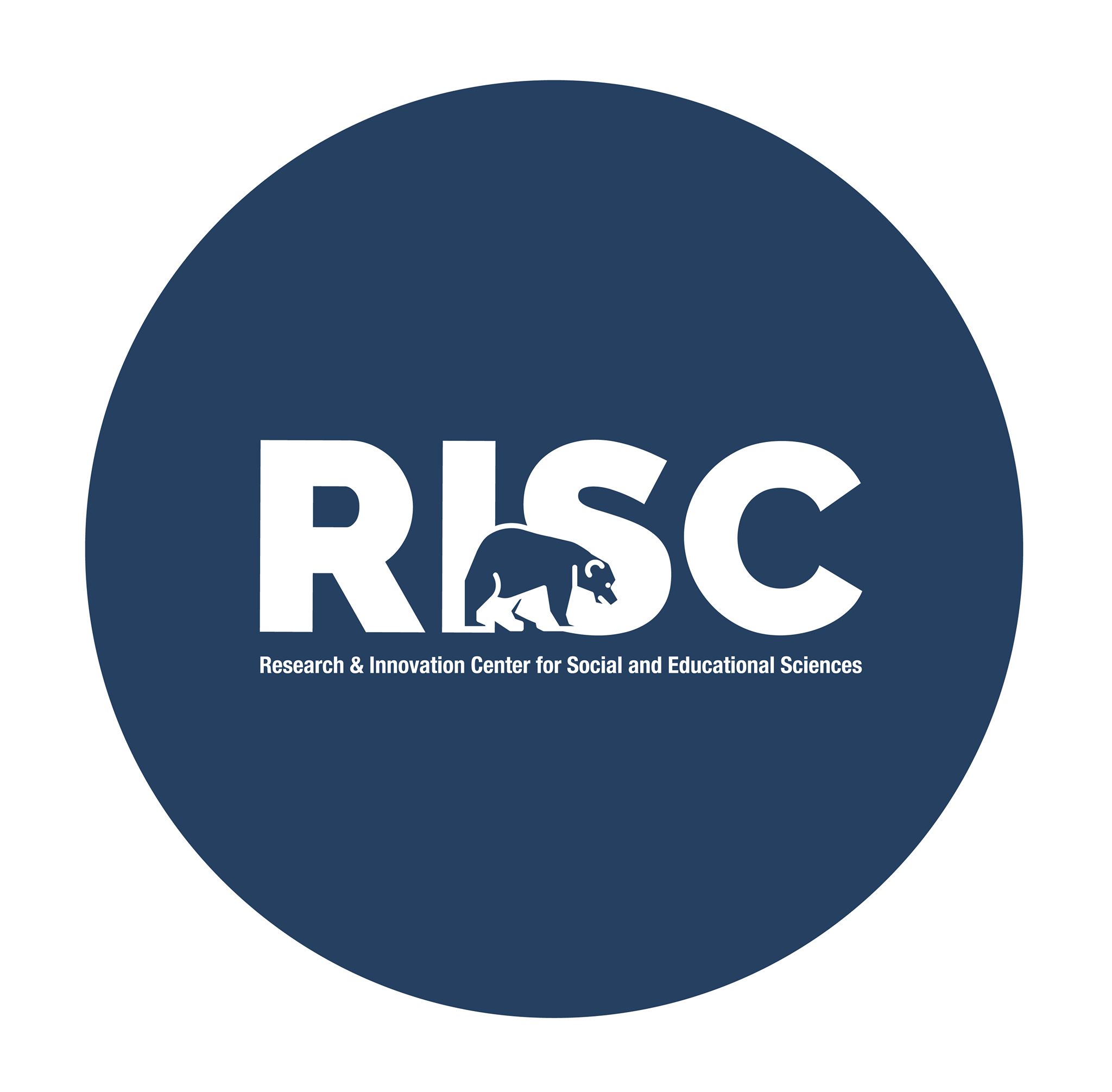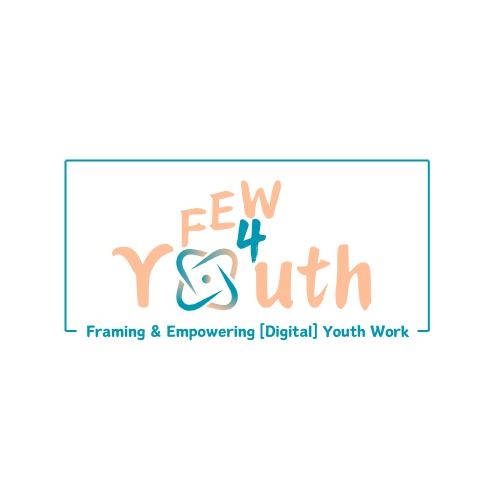FEW4Youth
2023-1-CY02-KA210-YOU-000154746
Project duration: 18 months
Timeline: 01.12.2023 – 31.05.2025
Domain addressed: Skills development
FEW4Youth

About the project
The FEW4Youth project addresses the need for the recognition and development of youth work in Cyprus and Romania by filling the gaps in vocational qualifications, skills validation and mainstreaming digital youth work. This need is essential to align these countries with EU standards and to ensure that young people receive quality support and opportunities, setting a precedent for other nations with underdeveloped youth work sectors.
The aim of this project is to increase the quality, innovation and recognition of youth work by exploring the current framework in Cyprus and Romania and identifying how it can be improved, using examples and best practices from countries with an advanced and highly recognized youth work [digital] field.
Objectives
Improving knowledge on the current framework of youth work and digital youth work in Cyprus and Romania
Increase knowledge of practices used by other countries in recognizing youth work and digital youth work
Provide recommendations on how to facilitate the recognition of youth work and digital youth work
Empower youth workers to use digital tools to improve the quality of their work with and for young people
Promoting valuable free tools developed in the context of EU projects to improve the digital competences of youth youth workers youth workers
Results
FEW4Youth Filling the Gaps
The project generated several outcomes relevant for youth work development, including in the digital sphere. A mapping of the youth work and digital framework in Cyprus and Romania was carried out, as well as an analysis of the legislation, policies and level of recognition in these countries. The research highlighted gaps compared to countries where youth work, including digital youth work, is regulated and recognized.
Based on this evidence, policy recommendations were formulated to strengthen the field. At the same time, existing tools – in particular those developed through EU-funded projects – that support the development of digital competences of youth workers were identified. Finally, an accessible digital repository was created to promote and facilitate the use of these valuable tools.

PROJECT COORDINATED BY:

PARTNERS:
FINANCING

The European Commission’s support for the production of this publication does not constitute an endorsement of the content, which reflects the views only of the authors. The Commission cannot be held responsible for any use made of the information contained in this publication.
[Project number: 2020-1-DE04-KA227-YOU-020818]


